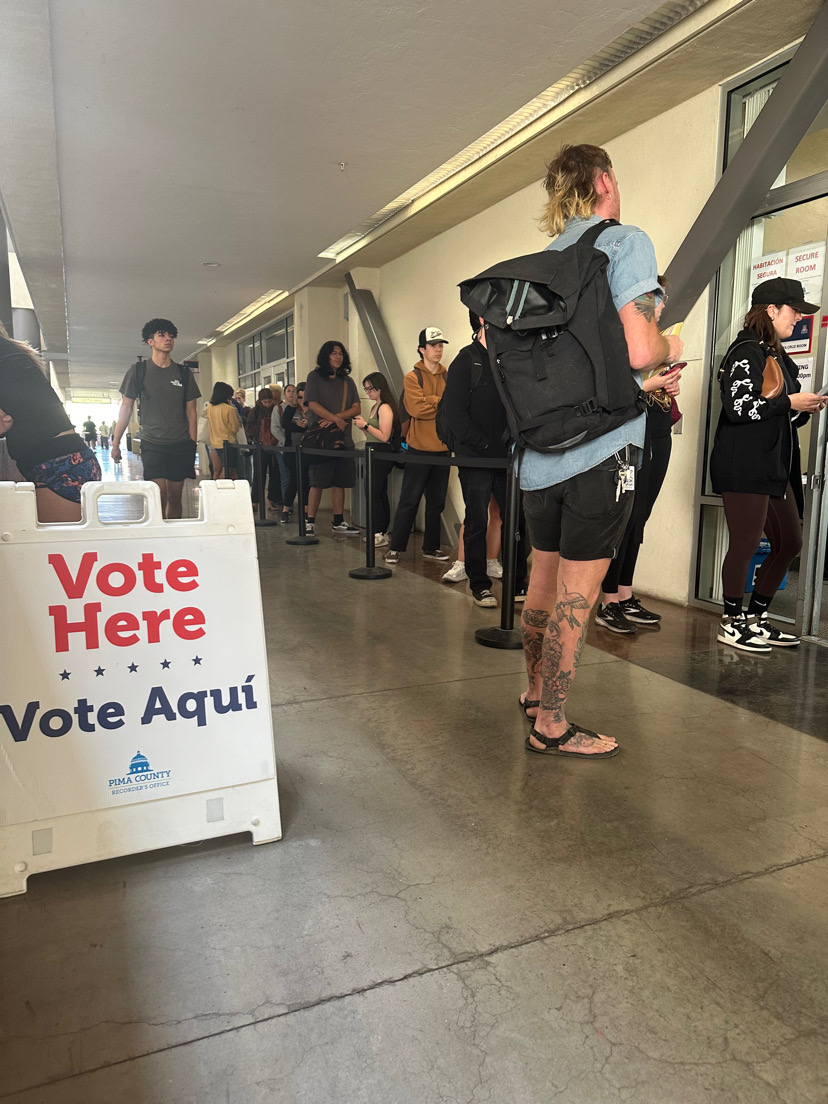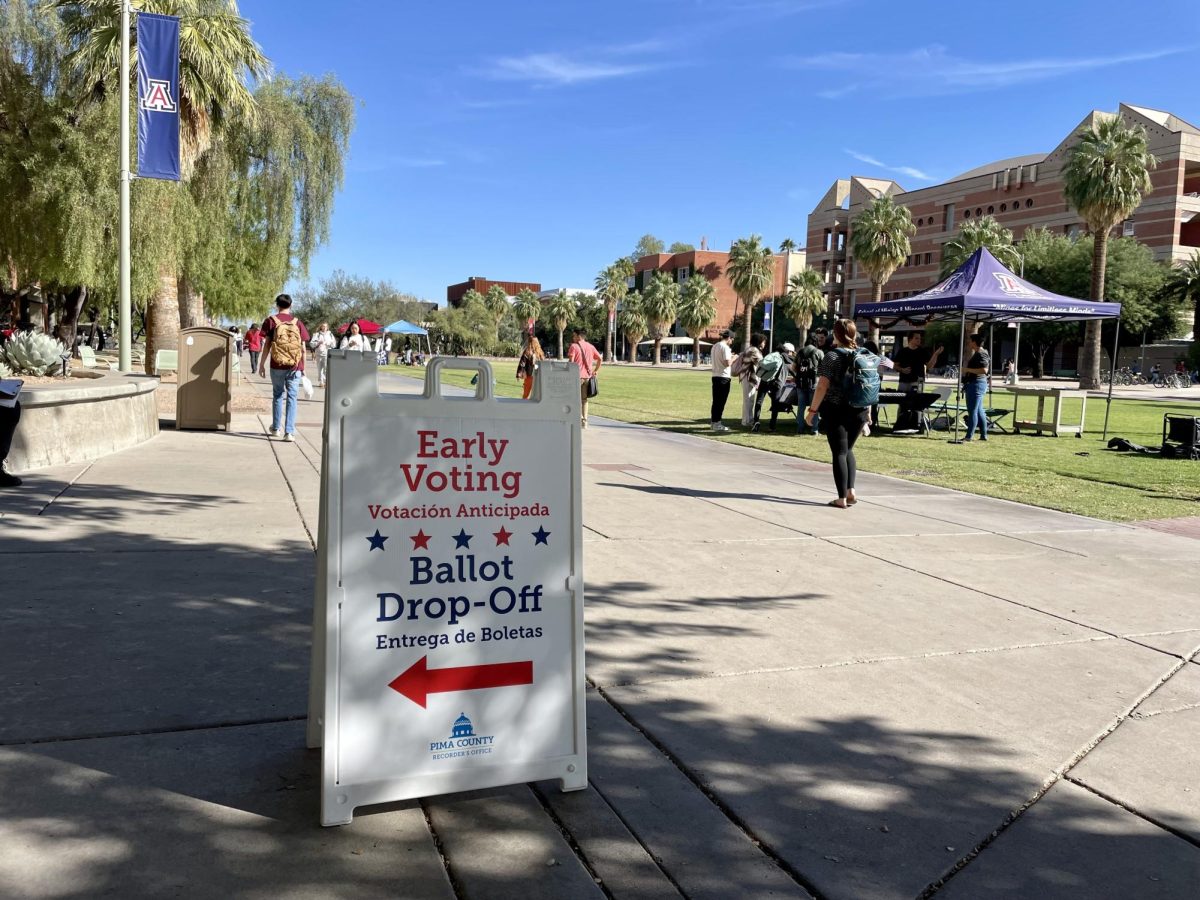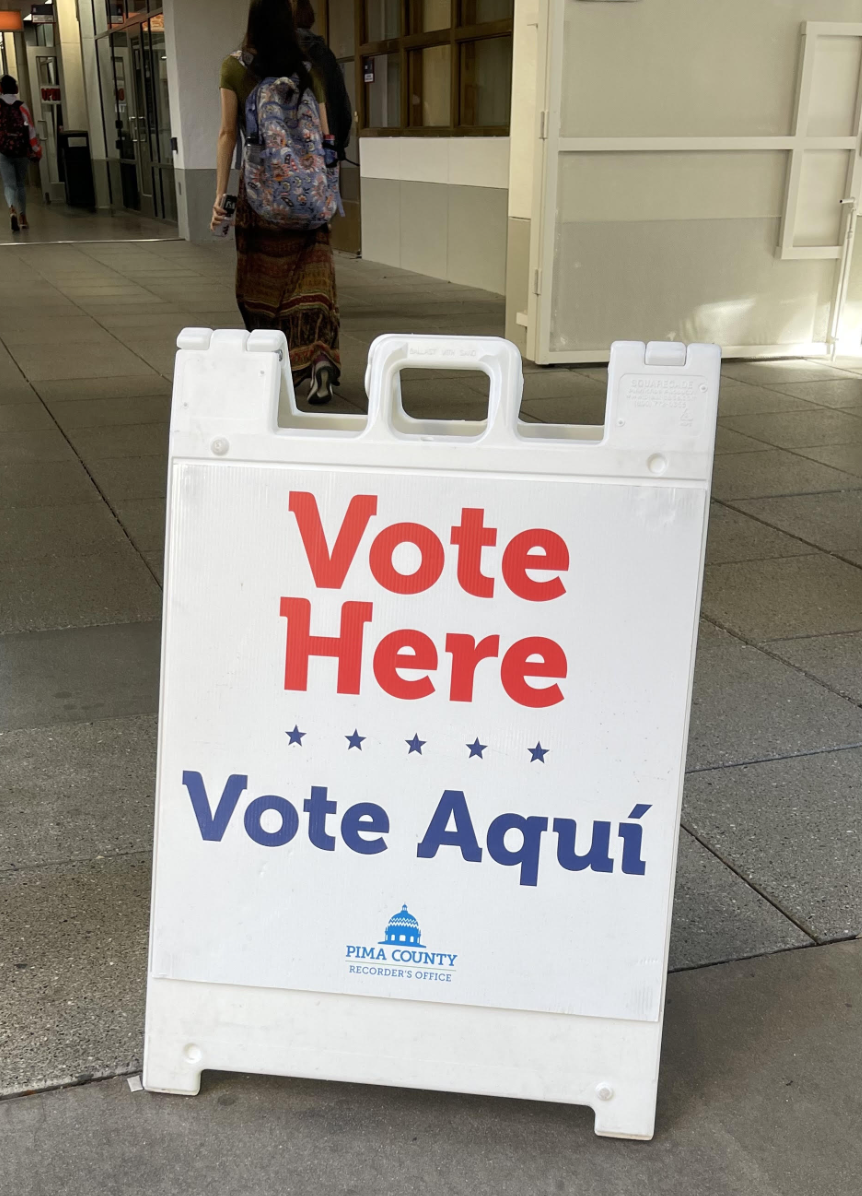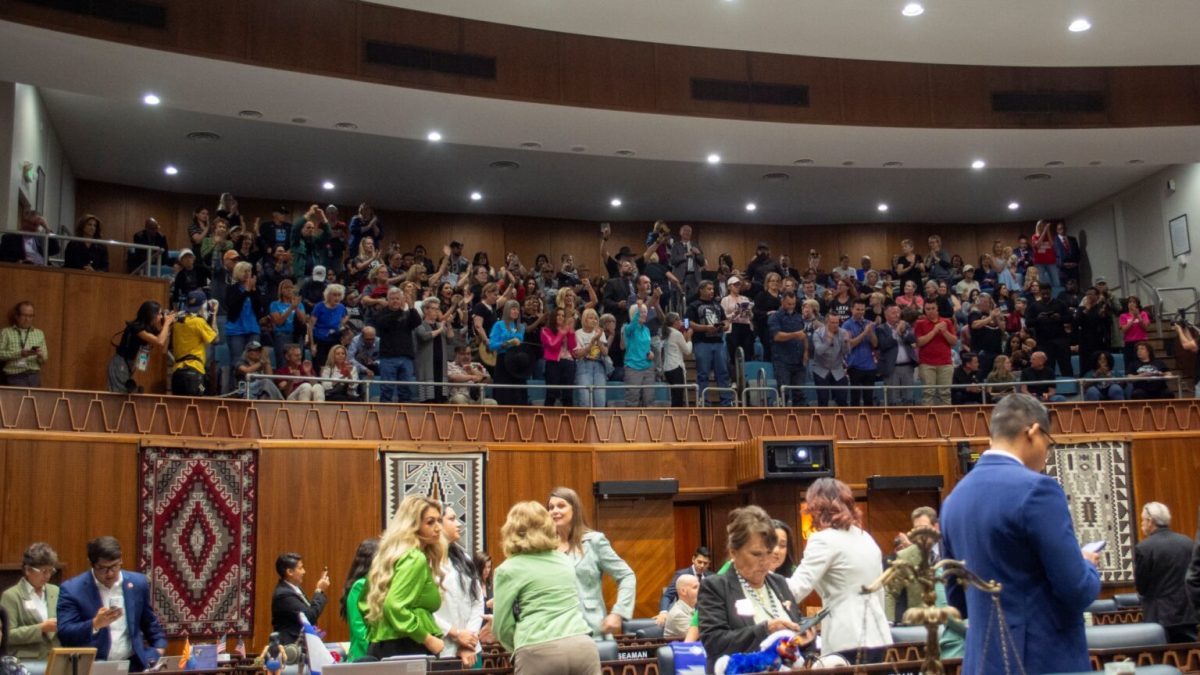One state lawmaker wants Arizona police departments to focus on increased policing and deterrence programs to combat what he said is an out-of-control surge in violent crime, but critics say that his recommendations will only lead to increased incarceration for low-level crimes.
Sen. John Kavanagh, a Republican from Fountain Hills and a retired police officer, wants the legislature to urge Arizona police departments to adopt programs similar to Boston’s “Operation Ceasefire,” which he said slashed that city’s youth shooting and homicide rates.
Focused deterrence is one of the chief strategies addressed in Kavanagh’s Senate Concurrent Resolution 1001. Advocates say that deterrence has been proven to be effective with “Operation Ceasefire,” which Boston enacted in the 1990s.
The goal was to reduce violence and gun use among youth in the community by escalating the penalties for crimes, while encouraging the help of the entire community as well as law enforcement. Police social workers would attempt to locate youth living in high-crime environments and educate them, with the hope of preventing them from committing crimes.
“Operation Ceasefire” proved to be successful, according to its advocates, and the youth homicide rate decreased by 63%, gun incidents in target districts dropped by 25%, and city-wide “shots-fired” calls to 911 dropped by 25%, according to the National Institute of Justice.
The National Academies’ Committee on Improving Information and Data on Firearms indicated that there are many factors that impact the number of youth homicides and it was hard to identify the specific way in which Operation Ceasefire affected those numbers. Furthermore, the committee noted that the data didn’t show evidence that gangs changed their violent behavior after the start of the operation.
Kavanagh told the Arizona Mirror that “the idea is to recognize these high rate offenders and give extra enforcement action to catch them.”
Patricia Pagliuca, the lead organizer for Mass Liberation Arizona, whose goal is to decarcerate the state by divesting from the police and prison systems, said that focused deterrence “sounds palatable and just but will lead to more violence.” It will only put more people in jail for small crimes and offenses, she said.
Pagliuca added that Kavanagh “has a long-standing history of sponsoring bills that enable police to escape accountability for their violence and known racism.”
A law Kavanagh sponsored in 2022 made it illegal for people to record the police within eight feet. The Mirror and other media organizations successfully sued to block the law because it was unconstitutional.
Kavanagh’s resolution passed 6-1 with bipartisan support through the Senate’s Military Affairs, Public Safety and Border Security Committee on Jan. 18.
The resolution states that calls to defund the police are counterproductive and police should be better trained and educated on best practices.
Pagliuca rejected that approach.
“Police training does not change their behavior, because you cannot train 400 years of systemic racism out of somebody,” she said.
The resolution also proposes to stop the funding of law enforcement agencies through mainly fines, fees and forfeitures, which can cause tension between officers and their communities.
Kavanagh proposed that the police be funded instead through “general money from local jurisdictions.”
This is an approach that is popular with both Republicans and Democrats. The Fines and Fees Justice Center believes structuring law enforcement agencies to be financially dependent on who is policed and how is “a conflict of interest and a violation of due process.”
Pagliuca said that “funding policing through fines and fees is violent to community members who are experiencing abandonment from social and wellness services in their neighborhoods and instead are being fined.”
The resolution notes that members of law enforcement are not usually provided with alternative solutions for dealing with people suffering from mental health and substance abuse issues and calls for expanding rehabilitative programming. It suggests partnering law enforcement with abuse and mental health experts so community experts can focus more on specialized cases and law enforcement on dealing with violent crime.
According to Kavanagh, some steps toward removing police funding from fines and fees have already been implemented in the last couple of years.
This includes a 2021 law to limit asset forfeiture, which made it illegal for the state to obtain any property from a person suspected of a crime until that person is convicted.
Rep. Travis Grantham, a Republican from Gilbert who sponsored that law, said that requiring a conviction is important because “in our country, if we’re going to do something that hurts one innocent person just because it gets 10 bad ones, we’re doing it wrong, because we’re innocent until proven guilty in this country.”
Pagliuca claims that “truly divesting money from policing, and investing the funds instead in community wellness is truly the most rational and viable solution there is.”
Even if the resolution becomes law, it doesn’t require any changes in strategies by law enforcement, but is only a declaration of the legislature’s beliefs.
This story first appeared in AZ Mirror.









